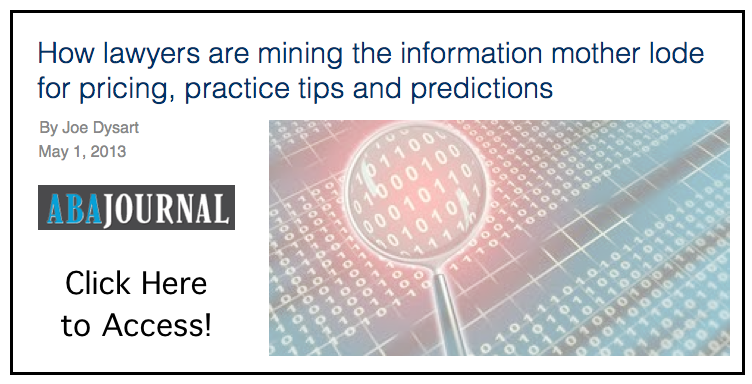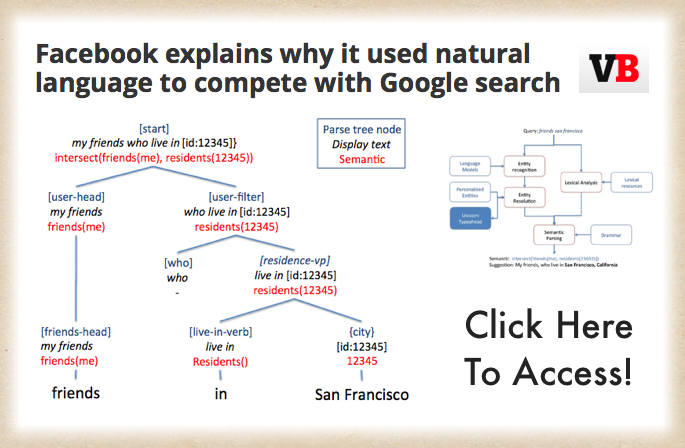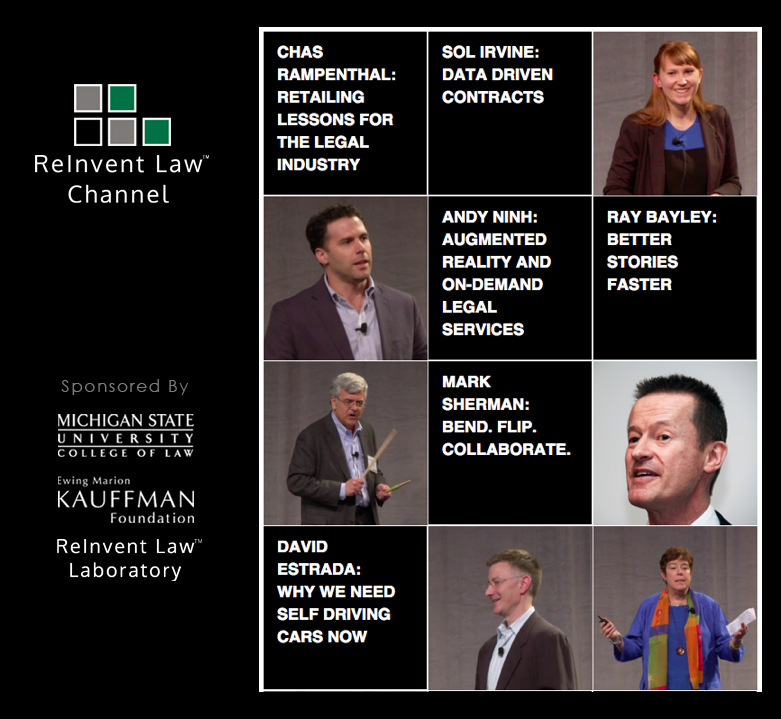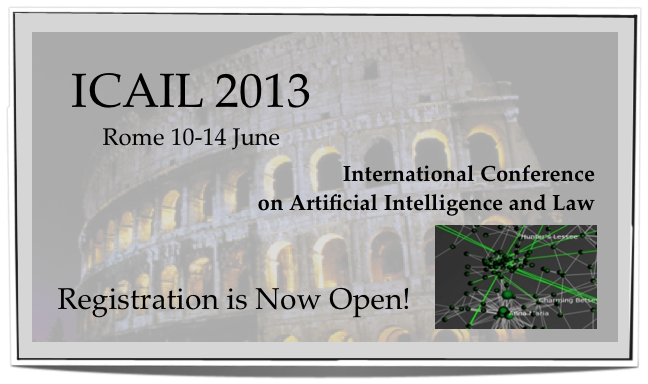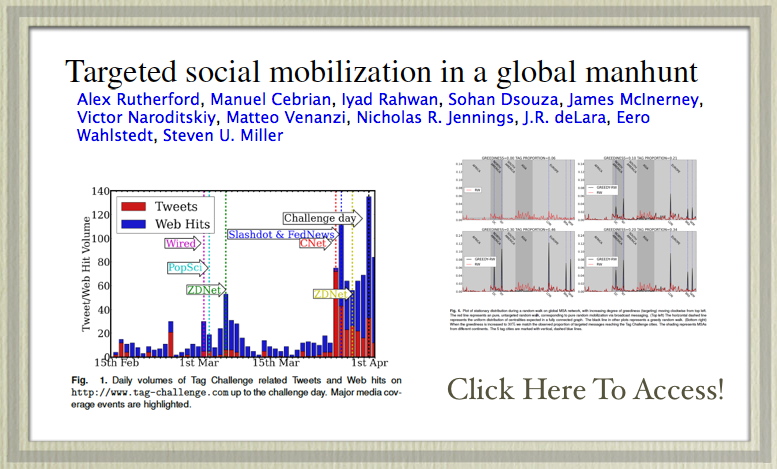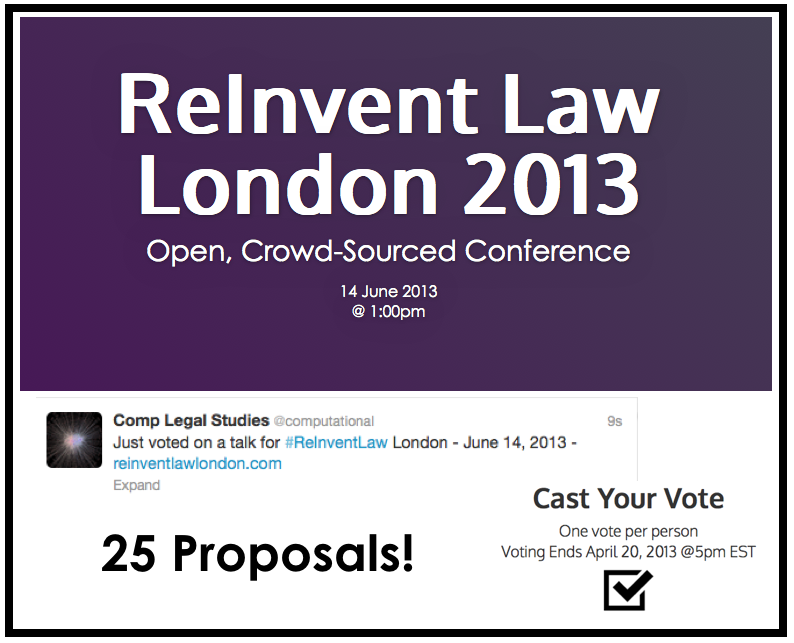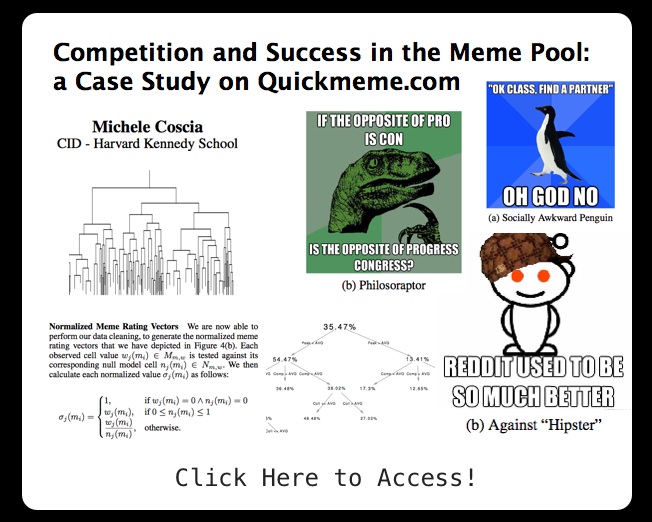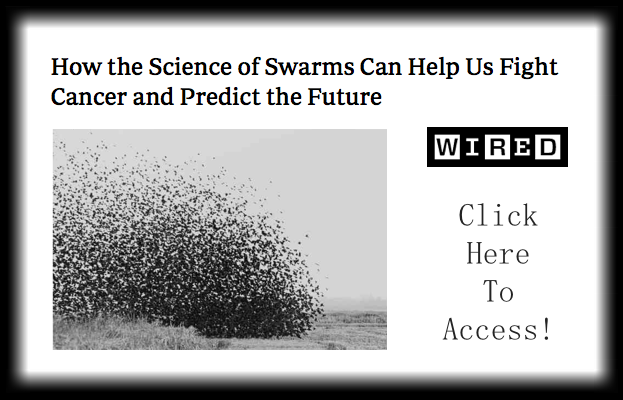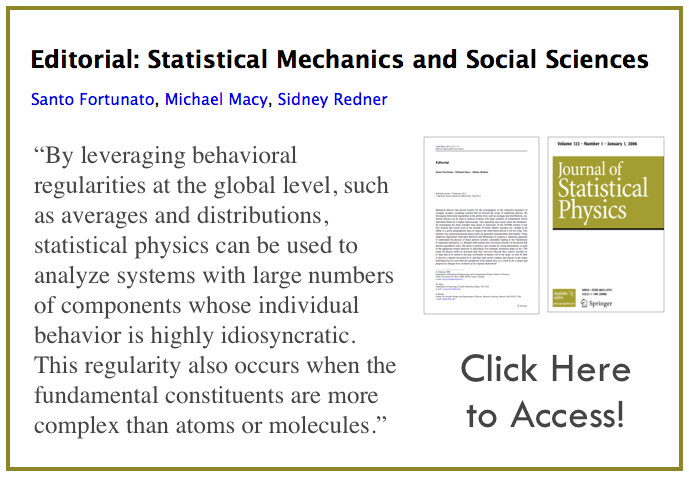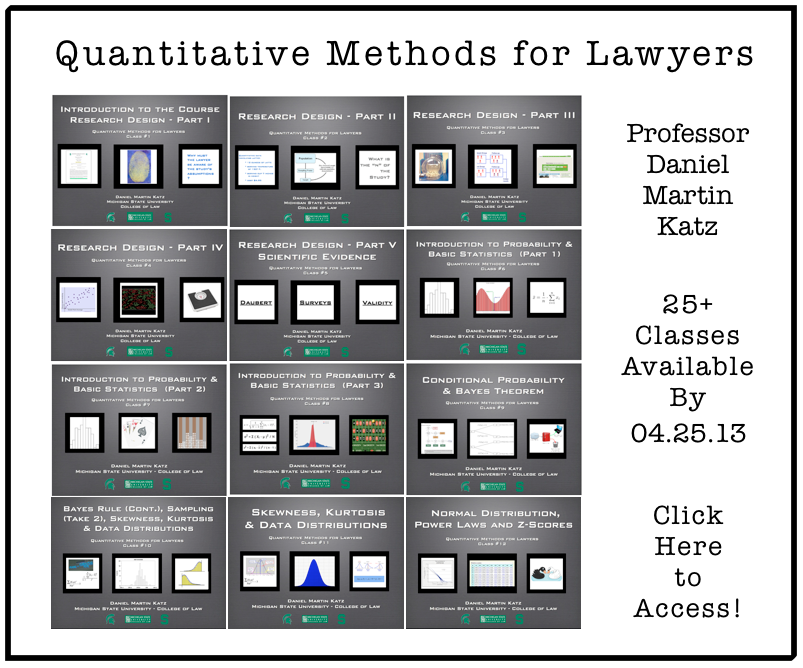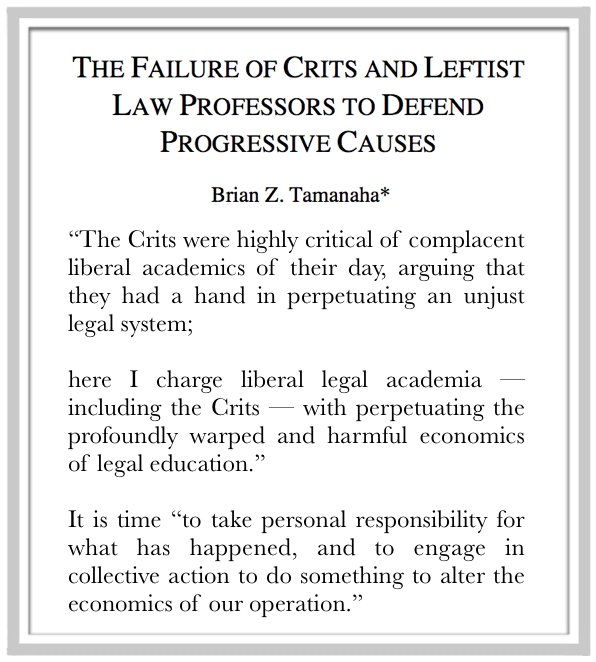 Obviously, this account could be generalized beyond the Crits to many other groups of law professors. However, the Crits should be particularly singled out because they should have been all over this topic. As a group – they have collectively failed.
Obviously, this account could be generalized beyond the Crits to many other groups of law professors. However, the Crits should be particularly singled out because they should have been all over this topic. As a group – they have collectively failed.
In his article – Practicing Theory – the late Larry Ribstein noted “legal education has developed in a hothouse, insulated from markets by licensing laws and accreditation standards. The hothouse walls are falling, leaving law schools to cope with markets.” Larry’s was absolutely correct and the question at this point … is how to go forward.
We do need some radical thinking on the question but the crits are generally speaking – nowhere to be found. Indeed, at least some of them are even arguing in favor of more liberal arts style legal education (as if having even more liberal arts style law classes was going to help get a law student a job). The pendulum has swung way too far in that direction.
As I outlined in my Keynote Speech at the Stanford CodeX Future Law Conference, what is NOT needed is for law schools to double down on liberal arts legal education. What is actually needed (in terms of giving their students the opportunity to have reasonable labor market outcomes and the skills that are actual in demand in today’s and tomorrow’s labor market) is a polytechnic style of legal education. I have outlined my thinking on these questions under the umbrella of a so called “MIT School of Law.”
Here at MSU Law – under the flag of the ReInventLaw Laboratory – we believe that part of the solution to the crisis currently facing the law profession and legal education involves leveraging technology, legal analytics, design thinking, entrepreneurship and the advent of new, process-driven delivery models. Given there will never be civil version of Gideon, the (plausible) solution to the access to justice problem in the United States is a market driven combination of substantive expertise and the skills described above {law + tech + design + delivery}. Check out the ReInventLawChannel for just a few examples …
The hothouse walls are down and the race for the future is underway. But the point of all of this should be our students and their lives in the law … somewhere along the way team crit lost sight of this fact. It is time for them (and everyone else) to refocus and get in the game. The future is NOT self executing. It is up to all of us to go make it happen!

